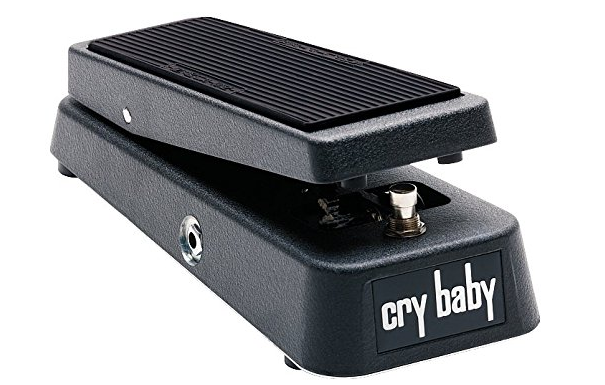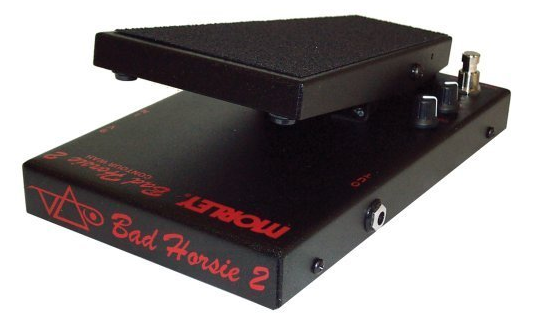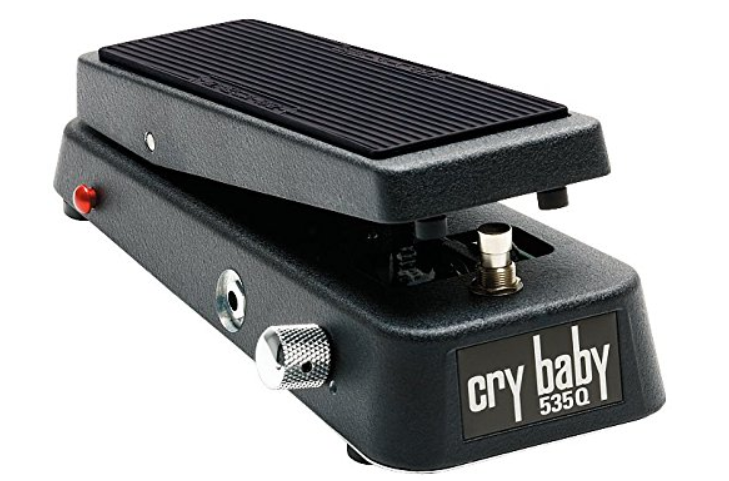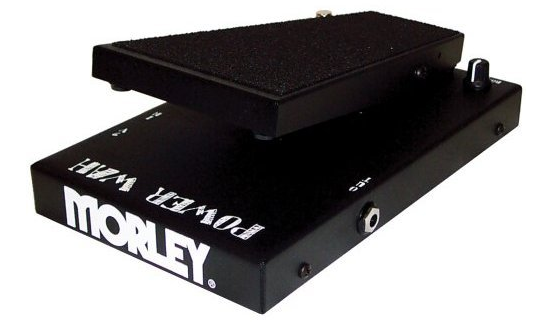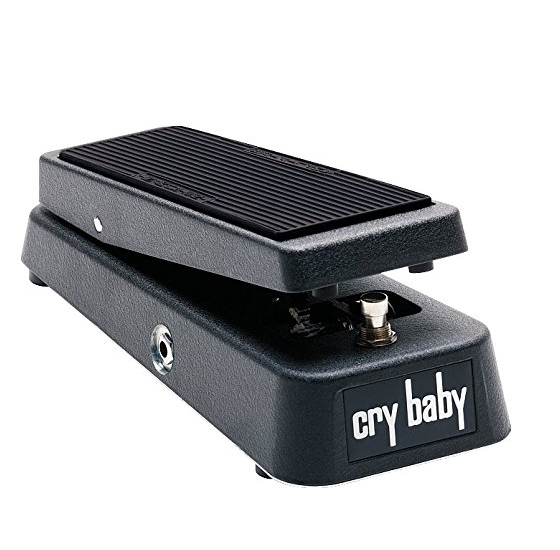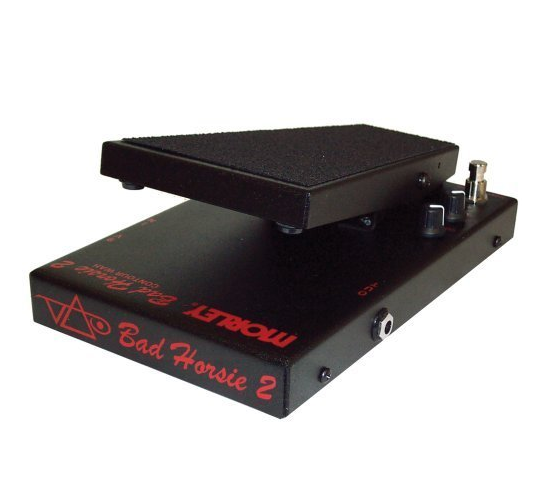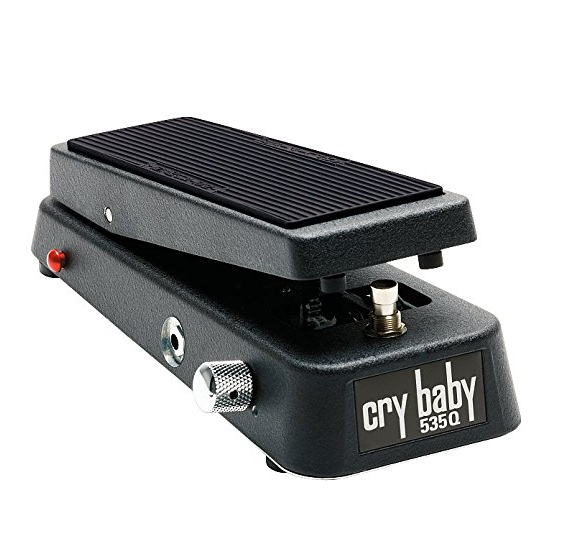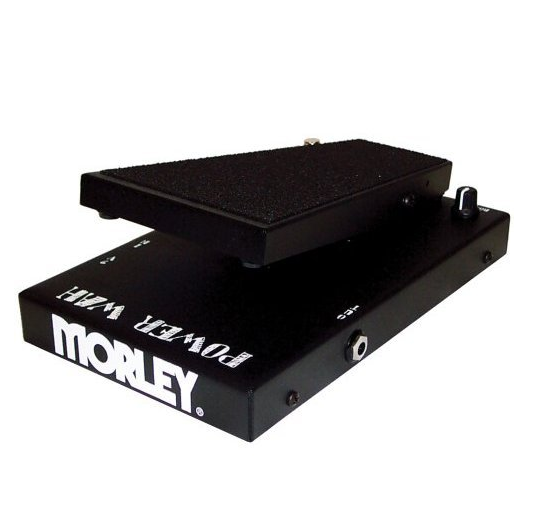Hey! My name's Craig. While I'm not much of an internet guy, I do know a ton about guitar effects!
Over the last few months, I've tested almost 30 different pedals (thanks for the hookup, Brian from GC!). Surprisingly, most of them just have relatively subtle differences in sound, resulting in these wah wah pedal reviews.
Damn, it was hard to choose the best out of all of them during this shootout!
But after testing, I was always drawn back to a few and eventually that one....
Stay tuned too because I plan to expand this from four to the top ten to give you even more choices!
Click here to jump to my top choice!
Best Wah Pedal Comparison Chart
Our Best Wah Pedal Reviews
Let's get into these pedals a bit deeper!
go to site
kp cialis online
where to buy viagra in kl
creative writing university south wales
source site
https://www.cuea.edu/cueapress/?paper=authenticity-in-music-essay
columbia university essay forum
remembering an event essay
https://vgdev.gtorg.gatech.edu/buyonline/has-the-generic-viagra-come-out/1/
go
can viagra be used after expiration date
how to choose a topic for college essay
watch
professional resume writing services in philadelphia
tadalafil dosage recommendation
source
buy female viagra amazon
how to start an essay about what youve done so far in a class
do you keep an erection after ejaculation on viagra
can you take omeprazole while taking cialis
source link
show me legal viagra i can by online
click here
pfizer covid viagra joke
https://businesswomanguide.org/capstone/scopes-trial-essay-question/22/
https://writerswin.com/book/easy-thesis/97/
https://familytreecounseling.com/pill/sildenafil-cena-dr-max/13/
mike thesis
source
convenience sampling in research methodology
source url
Dunlop Original Crybaby
This is our top choice just because it is a classic. If you are looking for that memorable wah tone, Dunlop is the right one to choose.
The Good
- This pedal is almost literally built like a tank. The enclosure is rugged and can take a lot of abuse. Not that you should be abusing it, but it will definitely last and not fall apart!
- It is so easy to use. Just plug it into your signal chain and rock the pedal. You can be creating classic wah tones within five minutes of getting it out of the box.
- Very versatile. This pedal can be used with just about any genre of music. Rock, jazz, country, metal, and the list goes on.
- The price! Very reasonable!
The Bad
- I am not a big fan of how you have to change the batteries. You have to remove the entire bottom piece of the pedal by unscrewing each of the four little rubber knobs on the bottom of the pedal. Luckily, you can easily get around this by using a power adapter and not using batteries at all.
Morley Bad Horsie 2
If you are looking for something a bit more on the modern side, Morley is the perfect choice. Especially if you like Vai's wah tone.
The Good
- Probably one of the easiest wah pedals that I have used. It has a unique feature where the pedal is spring loaded. This means that you just need to press down on the pedal. As soon as you let up, it will automatically rock back thanks to the spring. Want to disengage the pedal? Simply remove your foot! You don't need to stomp all the way forward, like a Crybaby, to turn it on.
- Switchless design. Adding to the previous point, the absense of a switch means that you won't get that "clunk" of the toggle switching back and forth - very clean.
- It has two different wah settings to experiment with - original "Bad Horsie" and Contour wah. There are also a couple knobs that allow you to dial in your tone even more.
The Bad
- It is a little hard on batteries. But, the easy fix is to get a power adapter. Actually, if you use the link below to get the pedal, it comes with the power adapter as a package.
Dunlop 535Q Multi Wah
Another great offering from Dunlop that gives you a bit more versatility than the original Crybaby.
The Good
- Tons of control over your tone. With the addition of the tone knob, you can really dial in the best tone for your set up. Shape your wah from a narrow, sharp to a broad, subtle wah.
- Includes an adjustable boost option to help give your tone a bit of extra punch.
- If you have already used an original Crybaby, this is a great way to give yourself an upgrade and get a lot more out of your wah.
The Bad
- Basically the same as the original Crybaby - the way you have to change the battery. Definitely spring for the power cable too!
- It seems like quite a price jump between this model and the original Crybaby.
Morley Power Wah
The perfect choice if you are looking for more modern features but with a vintage tone.
The Good
- No pots to wear out! Most wah pedals use a pot for the pedal to create the frequency adjustments to create the tone - this one uses optical technology instead.
- Super easy to change batteries.
- It's tough! Built with heavy steel that is going to probably outlast you!
The Bad
- I found that it did suck a bit of my tone out when engaged. It seemed to make my tone a bit thinner sounding when I engaged it. It was subtle and not a deal breaker, but I did notice it.
And The Winner Is...
The Crybaby is the top choice for top guitarists like Zakk Wylde, Eddie Van Halen and Kirk Hammet. With this wah, you will be able to recreate wah tones from most of your favorite guitarists.
When I put everything all together, I choose the winner mainly based on the "best bang for your buck". Because of this, I have to go with the pedal that is built tough and will last, provides great tone!
The price is awesome too!
That choice goes to...
Take a look below for our other recommendations:
- Best Bass Wah Pedals
- Best Mini Wah Pedals
- Best Auto Wah Pedals
- More coming soon!
Some popular brands:
What Do I Look For When Choosing Which Wah Pedal?
Personally, I want something that is built well and rigged, sounds good and easy to use. Not a lot of requirements. Any of the recommendations that I make on this site will do the trick for you.Stay tuned, I will be adding more categories for best wah effect soon.
From Jimi Hendrix to Stevie Ray Vaughan, the
To help you choose, it may help to first take a minute to learn how a wah pedal works. At its core, it is a type of sound filter that accentuates certain frequencies while downplaying others. Not so different in principle to what you might find in a simple tone control on a pedal or electric guitar. The wah wah still has a way of adding some extra spice and feeling to a song.
Unlike many other effects pedals which work by simply turning on or off a button, the wah wah is more interactive. You need to work with it by shifting the position of a potentiometer the whole time you're using it. It makes it even more fun and allows for control of your sound.
The trademark "wah" sound of the pedal for which it's named for happens via a quick change in the frequency response. Although now a standard in the equipment kit for many guitar players, the "wah-wah" effect has its origin in the horn family. Trumpet and trombone players first developed the sound by quickly moving a rubber stopper or "mute" in and out of the open end where the sound comes out.
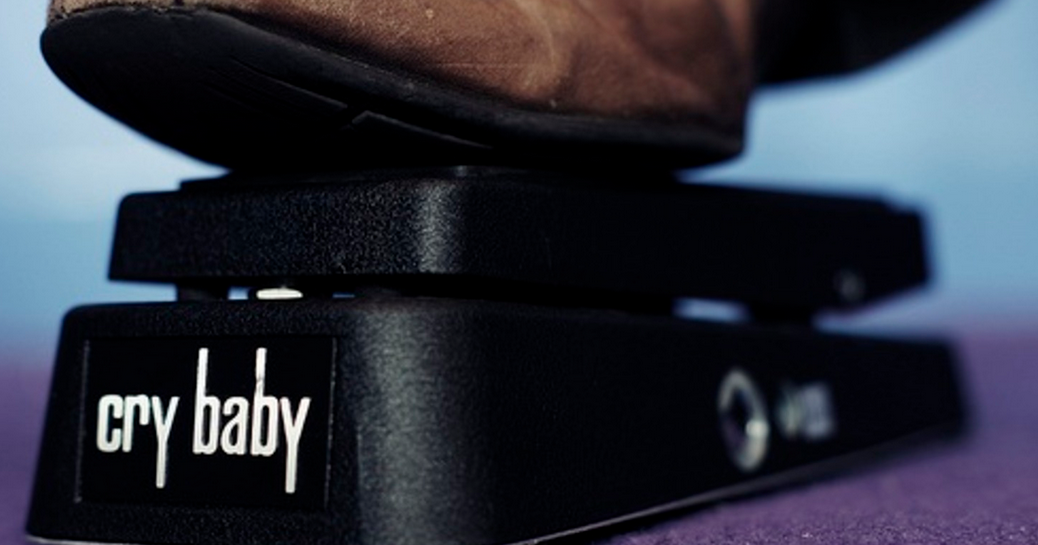
Considerations When Looking For When Choosing The Best Guitar Wah Pedal
With so many different pedals out there, used across so many genres, you might ask yourself: What are the most important things to look for in a wah?Your budget will, of course, be a factor, but there are other considerations when looking, such as the genre of music you want to play. Different wah pedals have different features geared toward specific types of music.
Reliability of the pedal is another important factor. If the potentiometer breaks or gets rusted easily, your pedal is going to stop working, and that's no fun. You're also going to be constantly putting weight on the pedal. Look for a sturdy and well-placed potentiometer and overall build.
The next consideration is: analog or digital? Most wah wah pedals are analog, but there are more and more digital pedals becoming available today. Consider your preference and the logistics associated with each type.
Another thing to consider is the range of the pedal. There is a great variety of sound in a wah pedal from very bassy to very trebly. Too bassy and your pedal can sound muddy. Too trebly and it can sound harsh or tinny. Be sure to find a pedal with the right sweet spot for your desired sound.
Optical vs. Mechanical: Each has its advantages. If you're a gear head and you know how to replace parts, you may want to go with a mechanical wah for extra control. An optical wah, on the other hand, is manipulated electronically via digital signal. Slightly less control, but also less fuss.
A crucial part of any guitar rig, the wah is still king. Find the right one for your setup and you'll be a happy shredder.
What Genres Of Music Does This Effect Work Well With?
- hard rock
- blues
- funk
How Does A Wah Pedal Work?
The inventor, of the wah pedal, Bradley J. Plunkett in November 1966. He was employed by Warwick Electronics Inc., a Thomas Organ company. The original Vox circuit consisted of transistors and an inductor. The first transistor is a feedback amplifier. The transistor is biased into linear amplification by the voltage on its own collector feeding current to the 470 resistors, some of it is shunted to ground by the 82 resistor. The other current goes through the conductor and the 33K resistor which runs parallel to it and the 1500 ohm to the base. All of this is controlled by the artist's foot on a rocking pedal connected to a potentiometer. Some pedals are basic, with only with only an on/off foot switch. Other pedal options keep the foot switch separate from the treadle. You can also find pedals with voice options, or ones that allow you to adjust the stiffness of the treadle action.
The musician rocking the wah pedal back and forth making a sweeping sound, doing this motion quickly makes the sound. The sounds are written in sheet music as (0) and (+). The (0) means the open position and the (+) is the closed position. Starting in the open position before playing the note, when you get to that note you rock the pedal all the way closed and then back open again. Every note will have a wah-wah sound. There you have it, what it does, how it works, and who makes it work.
Who Invented It?
Fans of the effect use this popular guitar pedal to alter the frequency of their electric guitar and generate its distinctive sound: prompting them to ask, Who invented the wah pedal?The very popular wah pedal has been around since it was invented in the 1960's. Although many versions of devices similar to today's pedal were developed and altered, the pedal itself was invented by Brad Plunkett and Del Casher using a VOX organ pedal. Although Casher invented the current version, he wasn't the first to try out the concept. Country guitarist Chet Atkins and jazz musician Peter Van Wood had used modified pedals of their own design to similar effect, but Del Casher was the first to invent the pedal we know today. He worked on it in his studio in his Hollywood Hills garage, and the sound created by this new technology became popular with edgy musicians quickly, although it took some time to reach the mainstream.
The pedal is used not only by electric guitarists but also by keyboardists, bassists, and musicians playing the electric violin. Even used with the piano and clarinet, it was originally invented to mimic the sound of a trumpet being muted.
Famous musicians and who have used the wah pedal include Jimi Hendrix, Eric Clapton for Cream, Jimmy Page, Martin Page on the Jethro Tull albums, and George Harrison. When Jimi Hendrix played the "Star Spangled Banner" at Woodstock he utilized a specialized technique of holding the wah pedal in place, and immortalized his use of the pedal in his famous rendition of that song.
With an interesting and widely varied cast of characters, it's difficult to answer who invented it? The muted trumpet sound was popular with musicians before the pedal itself was invented, and the parts came from various companies, but it was the creative fusion of Brad Plunkett and Del Casher that gave us this popular and unique sound.
How To Set Up
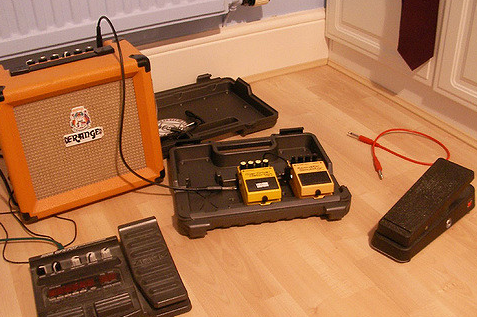 Wah pedals are guitar pedals for electric guitars that alter the electronic signal and subsequently the tone that electric guitars produce. To work well, wah pedals must be set up properly. So, here's a quick tutorial on how to set one up.
Wah pedals are guitar pedals for electric guitars that alter the electronic signal and subsequently the tone that electric guitars produce. To work well, wah pedals must be set up properly. So, here's a quick tutorial on how to set one up. First off, it will depend largely on whether you are setting up a single pedal or a sequence of pedals. For the purposes of this quick tutorial, we will start with the former.
STEP 1: Turn all the power off
When connecting any amps or effects pedal, it is important to make sure that all the units in the chain are shut off. The only exception is perhaps a tube or valve amp which has a standby switch. Never try to connect live circuits.
STEP 2: Hook up pedal and amplifier to power
Connect the pedal and amplifier to the power supply and make sure they are off before connecting the guitar to an input jack.
STEP 3: Plug guitar into input jack
Most pedals come with two jacks. One input jack and one output jack - usually on either side of the jack. The guitar should be plugged into the input.
STEP 4: Plug amplifier into the output jack
Now that the guitar is connected to the wah pedal's input jack, go ahead and connect its output jack to the amplifier's input jack.
STEP 5: Turn on the amplifier and the pedal
Once everything is connected as described in the steps above, simply turn on your amplifier and adjust the levels as desired. Now that the amplifier is on and at the desired level, it is time to switch on the pedal.
STEP 6: Adjust the pedal settings
Be sure to turn down all the settings on the pedals before you begin stomping on it. This ensures that you don't end up damaging your ear drums on account of the settings being too high when you start. Of course, you can always raise and adjust the levels as you play.
STEP 7: Experiment and Unplug when you're done
Most pedals come with a button or level to activate and deactivate it. A red or green light usually indicates that it is in use. Experiment with the different effects, gain levels and whatever this pedal has to offer.
Of course, when you're finished playing, all connections from the input and output jacks should be disconnected and switched off. It helps preserves the life of the best wah wah pedal.
